Anshul Pundhir
Secure Generalization through Stochastic Bidirectional Parameter Updates Using Dual-Gradient Mechanism
Apr 03, 2025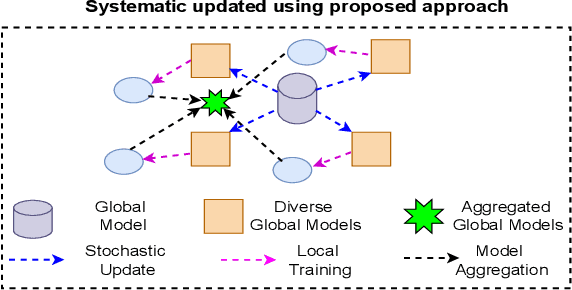
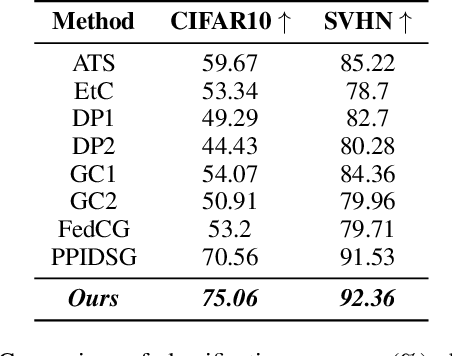

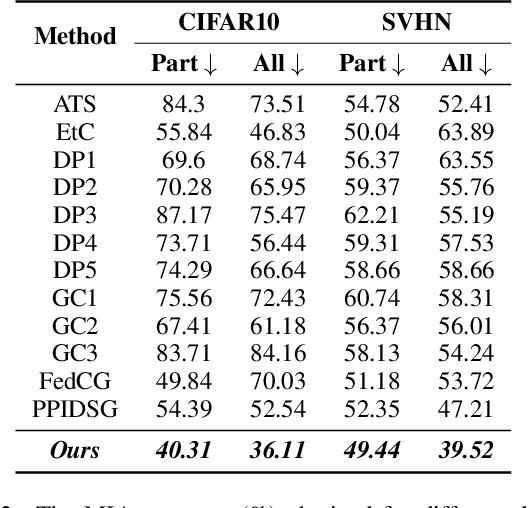
Abstract:Federated learning (FL) has gained increasing attention due to privacy-preserving collaborative training on decentralized clients, mitigating the need to upload sensitive data to a central server directly. Nonetheless, recent research has underscored the risk of exposing private data to adversaries, even within FL frameworks. In general, existing methods sacrifice performance while ensuring resistance to privacy leakage in FL. We overcome these issues and generate diverse models at a global server through the proposed stochastic bidirectional parameter update mechanism. Using diverse models, we improved the generalization and feature representation in the FL setup, which also helped to improve the robustness of the model against privacy leakage without hurting the model's utility. We use global models from past FL rounds to follow systematic perturbation in parameter space at the server to ensure model generalization and resistance against privacy attacks. We generate diverse models (in close neighborhoods) for each client by using systematic perturbations in model parameters at a fine-grained level (i.e., altering each convolutional filter across the layers of the model) to improve the generalization and security perspective. We evaluated our proposed approach on four benchmark datasets to validate its superiority. We surpassed the state-of-the-art methods in terms of model utility and robustness towards privacy leakage. We have proven the effectiveness of our method by evaluating performance using several quantitative and qualitative results.
Biasing & Debiasing based Approach Towards Fair Knowledge Transfer for Equitable Skin Analysis
May 16, 2024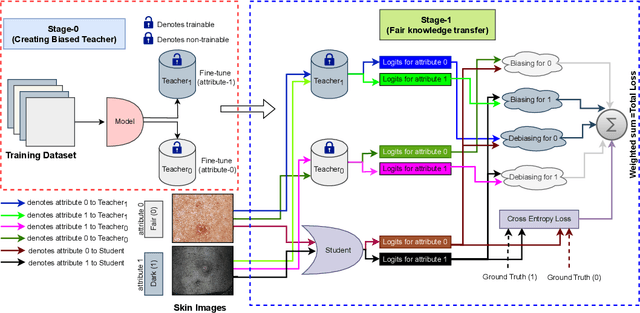
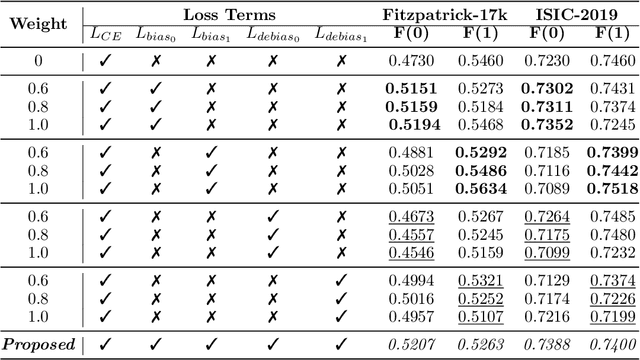
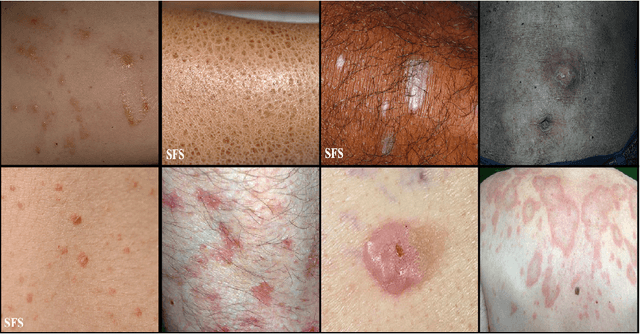
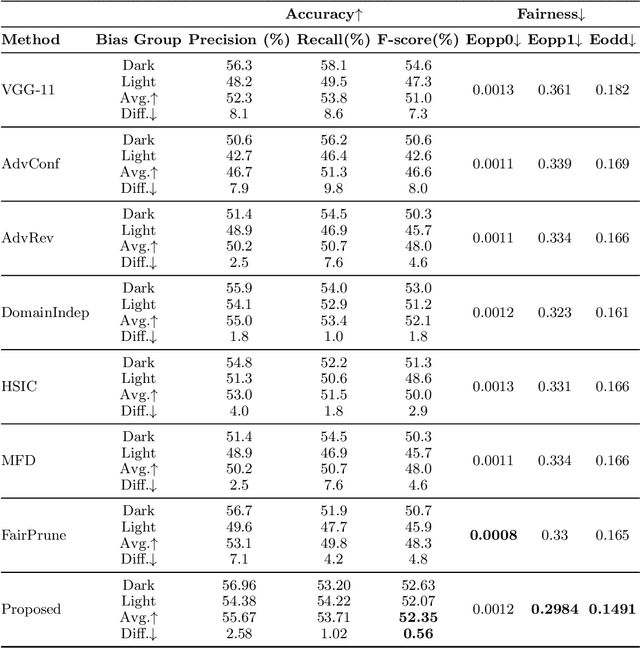
Abstract:Deep learning models, particularly Convolutional Neural Networks (CNNs), have demonstrated exceptional performance in diagnosing skin diseases, often outperforming dermatologists. However, they have also unveiled biases linked to specific demographic traits, notably concerning diverse skin tones or gender, prompting concerns regarding fairness and limiting their widespread deployment. Researchers are actively working to ensure fairness in AI-based solutions, but existing methods incur an accuracy loss when striving for fairness. To solve this issue, we propose a `two-biased teachers' (i.e., biased on different sensitive attributes) based approach to transfer fair knowledge into the student network. Our approach mitigates biases present in the student network without harming its predictive accuracy. In fact, in most cases, our approach improves the accuracy of the baseline model. To achieve this goal, we developed a weighted loss function comprising biasing and debiasing loss terms. We surpassed available state-of-the-art approaches to attain fairness and also improved the accuracy at the same time. The proposed approach has been evaluated and validated on two dermatology datasets using standard accuracy and fairness evaluation measures. We will make source code publicly available to foster reproducibility and future research.
Region extraction based approach for cigarette usage classification using deep learning
Mar 23, 2021


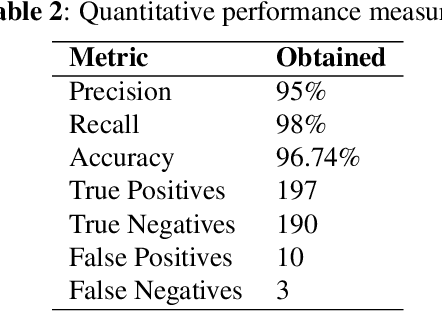
Abstract:This paper has proposed a novel approach to classify the subjects' smoking behavior by extracting relevant regions from a given image using deep learning. After the classification, we have proposed a conditional detection module based on Yolo-v3, which improves model's performance and reduces its complexity. As per the best of our knowledge, we are the first to work on this dataset. This dataset contains a total of 2,400 images that include smokers and non-smokers equally in various environmental settings. We have evaluated the proposed approach's performance using quantitative and qualitative measures, which confirms its effectiveness in challenging situations. The proposed approach has achieved a classification accuracy of 96.74% on this dataset.
 Add to Chrome
Add to Chrome Add to Firefox
Add to Firefox Add to Edge
Add to Edge